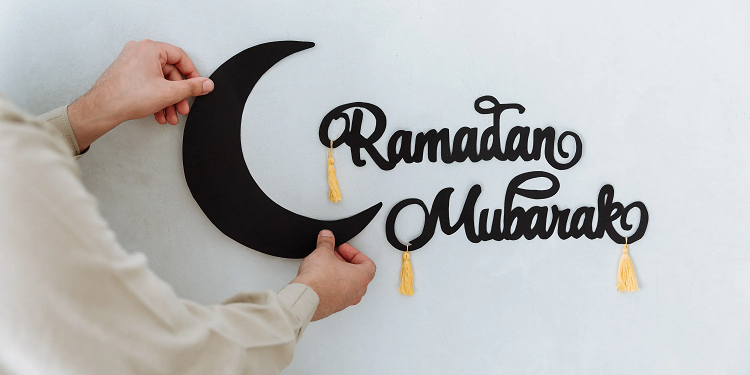Ramadan, the ninth month of the Islamic lunar calendar, has deep significance for Muslims around the world. It commemorates the first revelation of the Qur’an to the Prophet Muhammad and is considered a time of heightened spiritual devotion, introspection and community building.
Origins and revelation
The history of Ramadan etiquette begins from the moment when the Prophet Muhammad received the first revelation from Allah through the angel Jibril. This event occurred in 610 AD. and became the basis for Islamic belief and practice. Ramadan is a time when Muslims remember this sacred revelation and seek to deepen their faith and devotion.
Purposes of fasting in Ramadan
Fasting in Ramadan has several purposes:
- spiritual cleansing;
- increased devotion;
- self-discipline;
- sympathy and charity, etc.
Fasting is seen as a means of purifying the soul and achieving closeness to God. By abstaining from worldly desires and focusing on prayer and reading the Quran, Muslims strive to develop a deeper connection to their faith and experience spiritual growth. Fasting helps Muslims develop self-control and discipline, which promotes personal development and strengthens character. By experiencing hunger and thirst, Muslims can better understand the suffering of the poor and needy, which motivates them to give back and help others.
Compliance with rules in Dubai
During Ramadan in Dubai and other Muslim countries, maintaining etiquette is especially important to respect the traditions and customs of the local population. Here are some key rules to help you show respect and conduct yourself correctly during Ramadan in Dubai: During the day, Muslims fast, abstaining from food and drink from sunrise to sunset. If you are in Dubai during Ramadan, it is important to respect this tradition and avoid eating, drinking and smoking in public.












